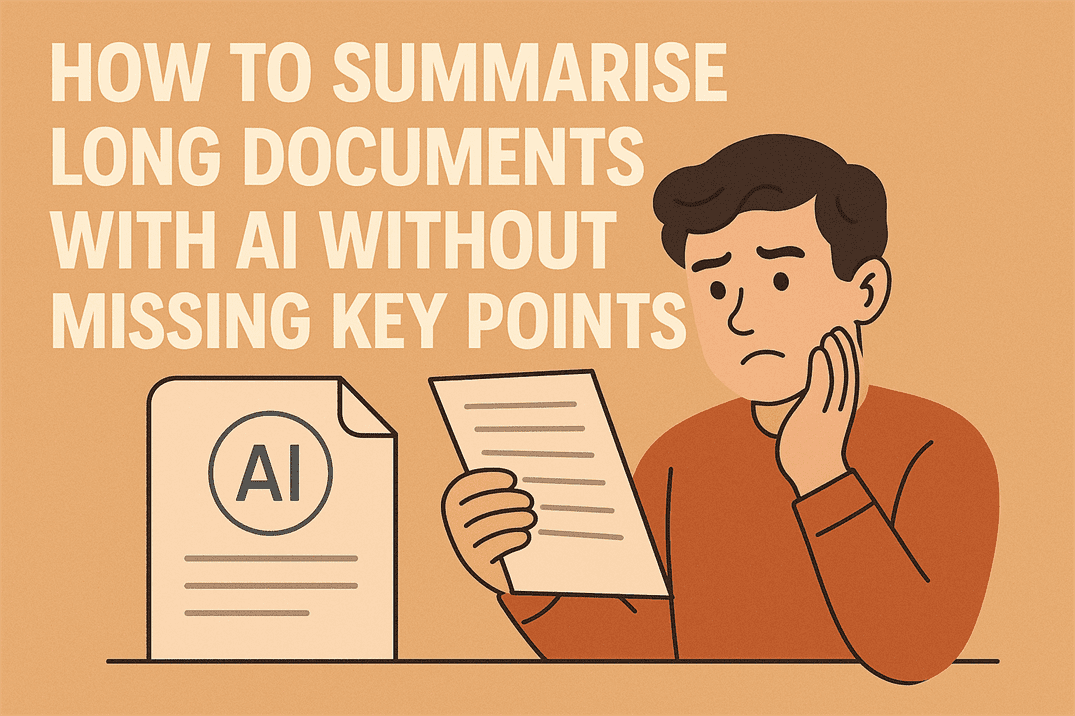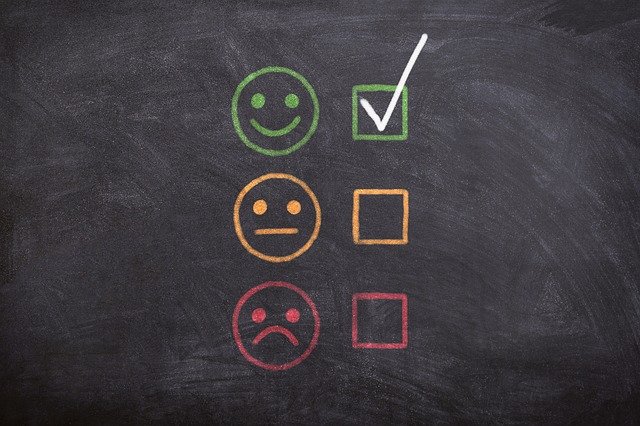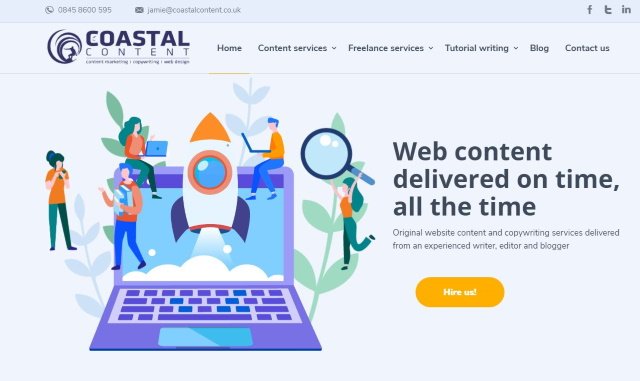Five essential qualities of a good Content Management System

Coastal Content is built upon the WordPress platform which is a very good Content Management System (CMS). WordPress is a framework that separates the back end workings from the front end content, That makes it ideal for people like me who prefer to write in sentences rather than code. As someone who is more concerned with refining my content rather than coding it into a web page, a CMS is ideal.
WordPress is one of better CMS out there. Others include Joomla, Drupal, ModX, SharePoint, ExpressionEngine, TextPattern, RefineryCMS and Concrete5 among many others. Then there are bespoke CMS developed by individuals or web developers.
What is a CMS?
A Content Management System is an application that allows multiple users to create and publish content on the web without having to know how the website is put together. As mentioned, it separates the code that makes everything work from the content that you see on the page. That means literally anyone can publish online without breaking the site.
A CMS works because it allows you to get as involved with the running of your website as you want. If you want to avoid it at all costs, install it, get it configured and then let it automatically update. It really is as easy as that. Want to get more involved? You can play with just about any aspect of the code.
So what are the five essential qualities of a good Content Management System?
1. Usability
A primary quality of a good CMS is that it must be usable by anyone with the minimum of training. A web developer with the right skills will still be required to make structural changes, but the day to day running of the site should be simple. It should be easy to create and publish content, to make simple changes and to be able to evolve the website as you desire.
Being able to post directly from Word without stupid code getting in the way is just one quality that separates a good CMS from a poor one. I work with a couple of client CMS that can?t even get a simple copy and paste right without adding lots of excess code that makes the text look strange!
2. Flexibility
One of the primary benefits of using a CMS is that it can be steadily upgraded without impacting users or the website itself. You can also use apps or plugins to add features, change themes to manage branding and generally grow and adapt as the needs of the business require.
3. Modularity
A modular CMS adds to flexibility by allowing you to move, add and change the website as you need. Modularity also allows for incremental updates to the core CMS and the plugins without impacting other areas of the website. Being able to bolt on an app or widget without ruining how the site looks or impacting its operation is definitely a key quality of a good CMS.
4. Security
If this was an ordered list of qualities then security would have been at the top. It?s the most important aspect of any connected system. Once your site is up and running, you want to protect what?s yours. You don?t want hackers stealing user data, injecting malicious code to trap readers or any other nefarious action, so security is a top priority.
Whether the CMS is secure at the core or whether you use a security app or plugin, the ability to lock it all down is definitely a quality we need.
5. Control
A good CMS will allow your web developer to control the code and your content marketers to control the content. Never the twain shall meet as both are separate sides of the same CMS. Control also allows you to implement version control, backup your database and generally manage all aspects of your website.
It will also allow you to control primary users, registered contributors, readers and interactions. All things the modern website requires to become a success.



